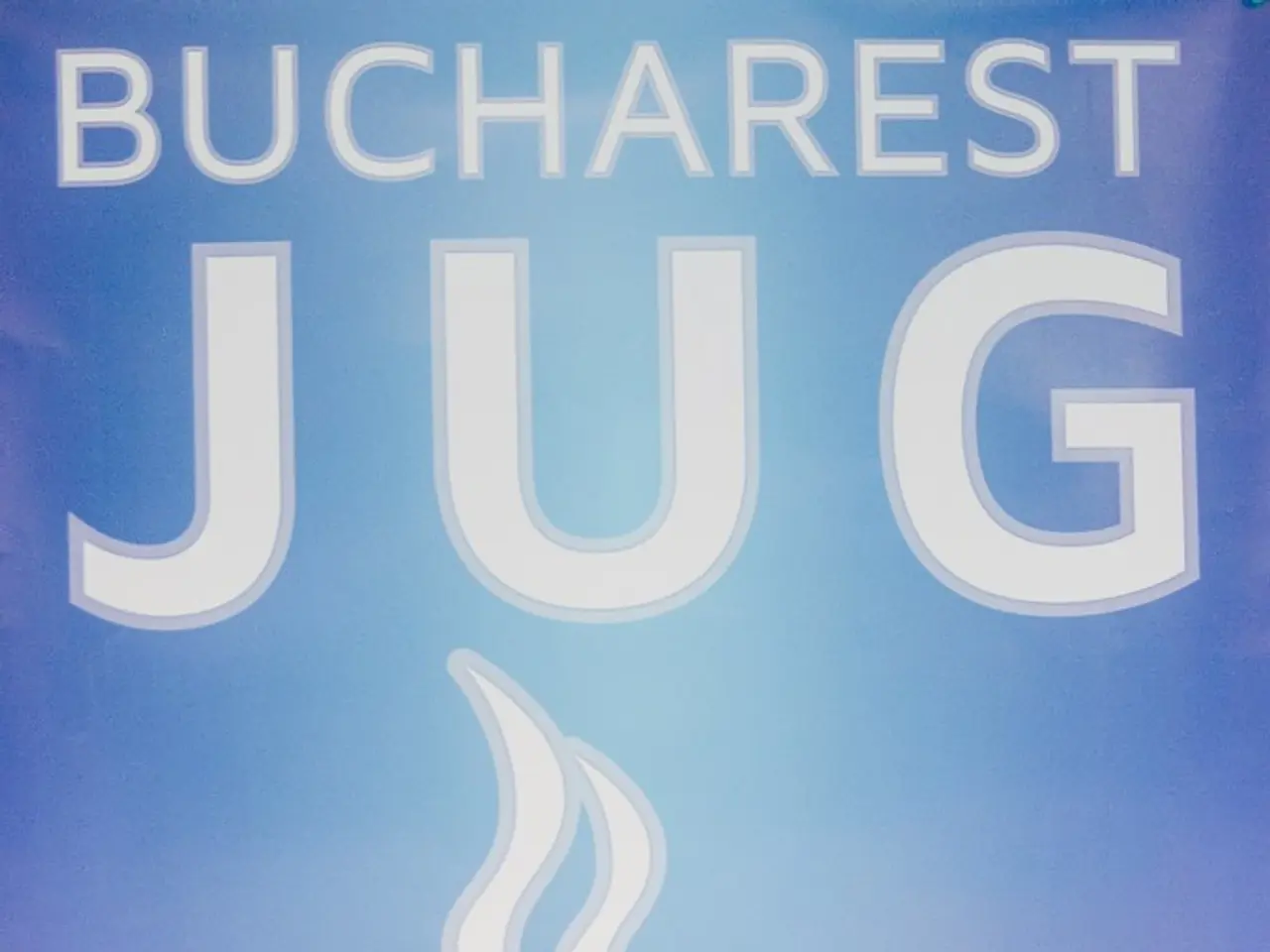Belgium Leads EU Push for 'Reparations Loan' to Ukraine Using Frozen Russian Debts
Belgium, backed by several European allies, is pushing forward with a controversial plan to use frozen Russian state debts held by Euroclear to finance a €140 billion loan to Ukraine. Russia has warned of retaliation, deeming the move 'theft'.
Belgian Prime Minister Bart De Wever has been instrumental in this scheme, dubbed the 'Reparations Loan'. It involves transferring Russia's cash balances at Euroclear to the European Commission, which would then lend the funds to Ukraine. The loan would only be repaid once Russia agrees to compensate for war damages.
De Wever has called for maximum legal certainty, solidarity, and transparency. He has raised six key questions, including risk mutualisation and respect for international law, seeking decisive answers from the European Commission and member states. Despite growing support, concerns about the plan's legality and risks persist.
The plan has gained endorsements from Belgium, Germany, France, the Baltics, and the Nordics. However, De Wever wants all member states to guarantee against potential risks. He admitted he would settle for the backing of 25 member states, excluding Hungary and Slovakia, which are critical of the bloc's Ukraine policy.
The proposed loan, if approved, could significantly boost Ukraine's ability to rebuild and defend itself. However, the plan's success hinges on addressing the legal and risk concerns raised by Belgium and other allies, as well as Russia's potential retaliation.




